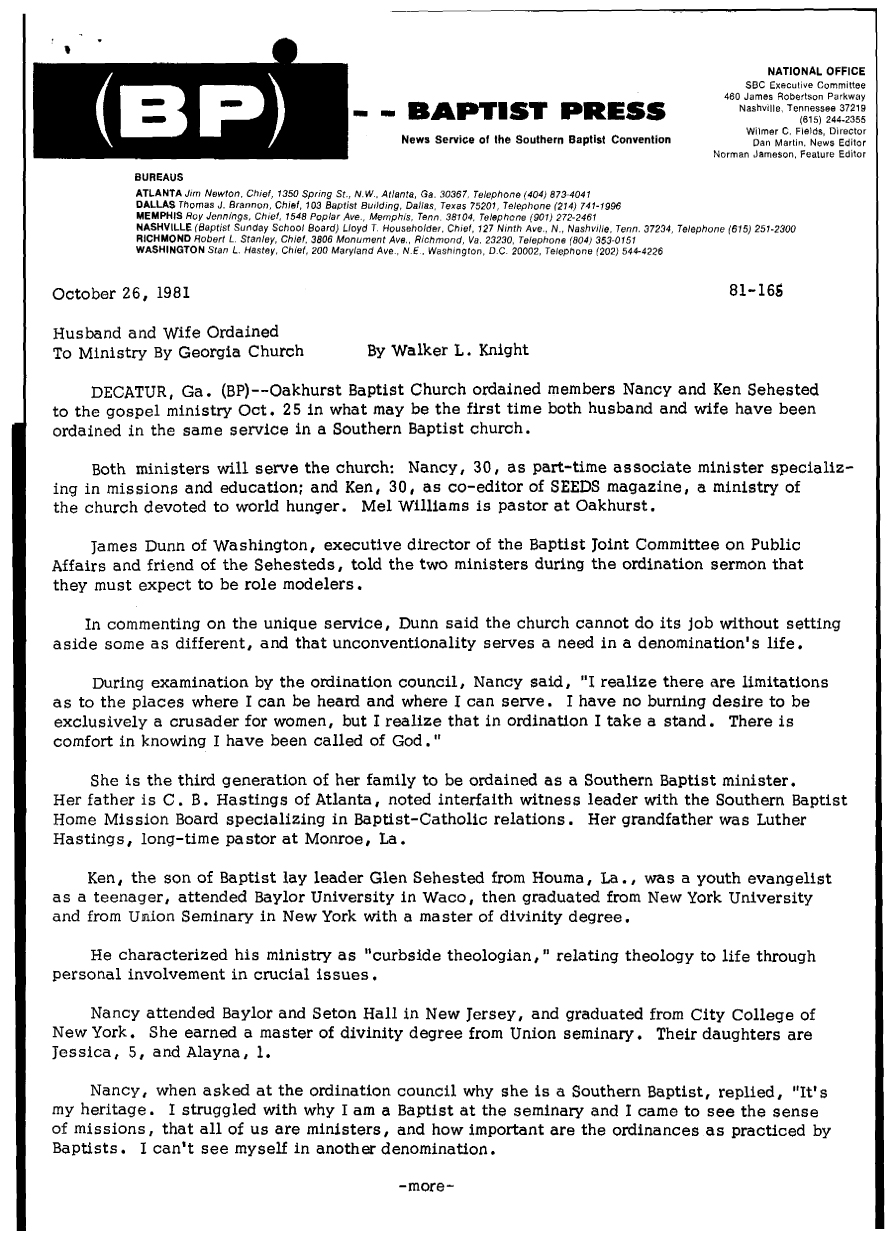by Ken Sehested
The normally-reclusive Steve Bannon, President Trump’s chief strategist, took center stage this past week at the annual Conservative Political Action Conference, promising a “deconstruction of the administrative state,” meaning a system of taxes, regulations and trade pacts.
Let’s unpack that declaration. What he wants is:
•rewriting tax policies that reinforce the rule of capital as the arbiter of the common good;
•undoing regulations that protect of the general public, and the environment, to the benefit of large corporations;
•strengthening the extractive capacity of US market forces in undermining the sovereignty of other nations, backed by overwhelming national security apparatuses.* Such measures effectively repurpose these into an offshore mob enforcement ring offering “protection” in exchange for unfettered access to natural resources.**
This constellation of guidelines, I would argue, is the meaning of “America first.”
None of these practices are new—but until now such practices were generally covert, covered in layers of  secrecy, and considered rogue when unveiled in the light of public disclosure. The shock over their normalization is wearing off for an eclectic coalition of political constituencies who share a palpable sense of lost privilege.
secrecy, and considered rogue when unveiled in the light of public disclosure. The shock over their normalization is wearing off for an eclectic coalition of political constituencies who share a palpable sense of lost privilege.
With the Trump-Bannon administration, the rogue achieves respectability. What is new is a systematic, intentional magnification of governmental and corporate initiatives whose justification is synonymous with efficacy. How could this be so wrong when it feels so right?
This is what happens when right is defined as might and judicial appeal is revoked. President Trump’s incoherence, his cavalier disregard of facts, and his scorched earth rhetoric makes him the perfect tool for Bannon’s scheme, who frankly admitted that presidential cabinet criteria were tailored for candidates willing to undermine, if not actually destroy, the departments they now lead.
Bannon has long ties to the growing white nationalist movement. He has previously supported “genetic superiority” theories and has advocated restricting voting rights to property owners. Trump himself has repeatedly talked about his own “good genes,” comparing himself to a racehorse with good “breeding.”
You may recall that in his inaugural address President Trump twice used the phrase "America First." Bannon, likely the author of that speech, knew of which he spoke. In the 1930s a movement by that name in the US promoted nativist, antisemitic politics, and opposition to the US's war with the Nazis. The group's most public face was that of Charles Lindbergh, a Nazi sympathizer. In an interview with the Hollywood Reporter, Bannon promised that the Trump era would be “as exciting as the 1930s," a period of global history fraught with the worst economic collapse since the beginning of the age of industrialism, along with the rise of fascism and a war that claimed the lives of as many as 60 million people.
"Darkness is good," Bannon said, providing this further context: "Dick Cheney. Darth Vader. Satan. That's power. It only helps us when they [liberals and the media] get it wrong. When they're blind to who we are and what we're doing."
Moreover, unlike the Ayn Rand-style capitalists, devoid of (even dismissive of) the terms of Jesus’ beatific vision, Bannon consistently insists on a return to a “Judeo-Christian” cultural orientation.
Similarly, in Trump’s comments at the recent “National Prayer Breakfast,” the president spoke glowingly of 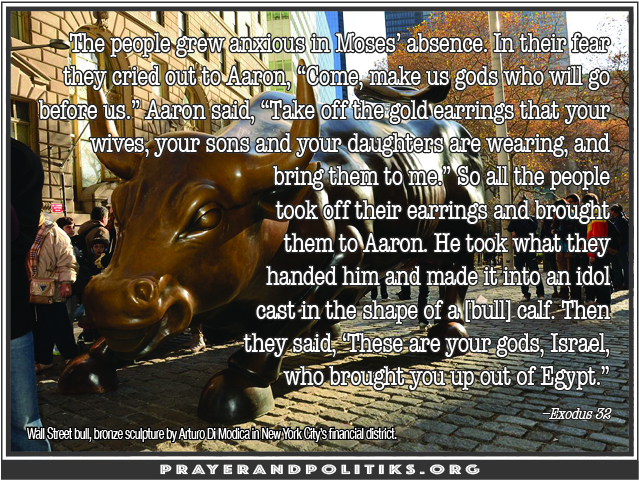 having “met amazing people whose words of worship” and “assurances that I am praying for you” provided “encouragement” for his policy direction.
having “met amazing people whose words of worship” and “assurances that I am praying for you” provided “encouragement” for his policy direction.
Warning bells should sound whenever wealth, weapons, and worship align within any civic consensus.
Trump, with his blustery, demolition-derby governing style, just can’t help himself. With Bannon, on the other hand, there is method to the madness.
Finally, it’s important to remember the consistent feature among the various definitions of “terrorism” is the intent and capacity to sow fear in the populace to achieve policy goals. Given this, should we be asking whether Steve Bannon’s dissembling blueprint falls within this definition?
# # #
*The president has just announced a breathtaking 10% increase in the military budget, with corresponding cuts to humanitarian, diplomatic, environmental and social welfare budgets. There are 800+ US military bases abroad, served by 17 US intelligence agencies. The plan for a $1 trillion upgrade of our nuclear weapons is already in place. Even with earlier cuts, the number of performers in the various US military bands outnumber the roster of the State Department’s professional diplomatic corps.
** On the domestic front, just last week the Arizona Senate voted to expand racketeering laws to allow police to arrest anyone involved in a protest and seize their assets, treating demonstrators like organized criminals.
For more background, see
•Philip Rucker, “Bannon: Trump administration is in unending battle for ‘deconstruction of the administrative state,” Washington Post
•Laurel Raymond, “Steve Bannon’s disturbing view on ‘genetic superiority’ are shared by Trump,” ThinkProgress
•Jonathan Freedland, “The 1930s were humanity’s darkest, bloodiest hour. Are you paying attention?” The Guardian


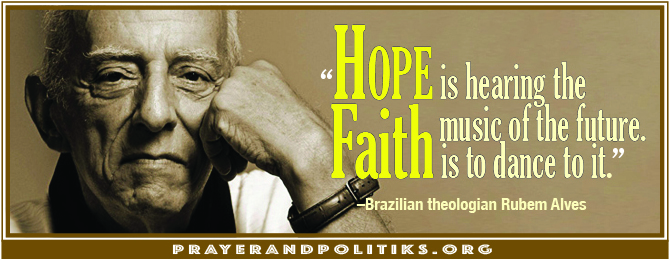 history of nonviolent resistance to tyranny is rich and textured. Truth has often been on the scaffold while wrong is on the throne. “Yet the scaffold sways the future, behind the dim unknown” (James Lowell Russell, channeled by Martin Luther King Jr.).
history of nonviolent resistance to tyranny is rich and textured. Truth has often been on the scaffold while wrong is on the throne. “Yet the scaffold sways the future, behind the dim unknown” (James Lowell Russell, channeled by Martin Luther King Jr.).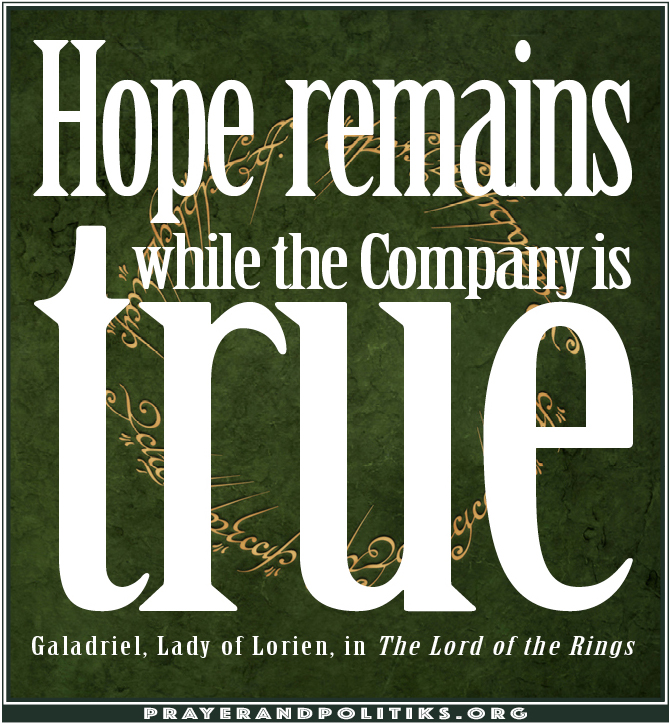
 I now believe there is no observance in the liturgical year in greater need of recovery than All Saints Day. In turbulent times and turgid circumstances, we need the sustenance of resilient memory.
I now believe there is no observance in the liturgical year in greater need of recovery than All Saints Day. In turbulent times and turgid circumstances, we need the sustenance of resilient memory.
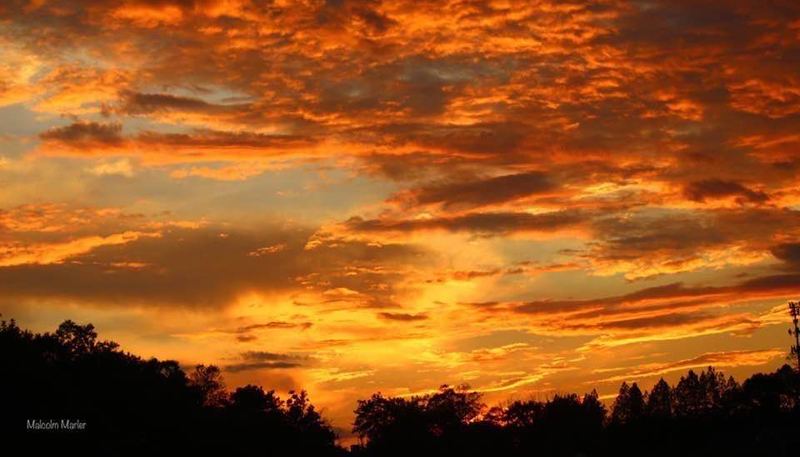
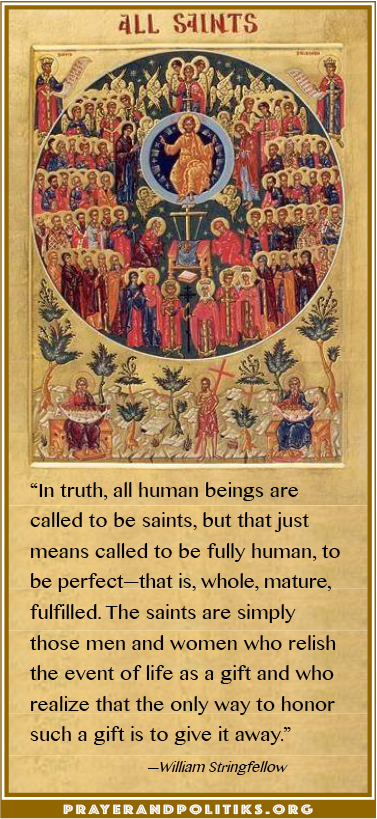
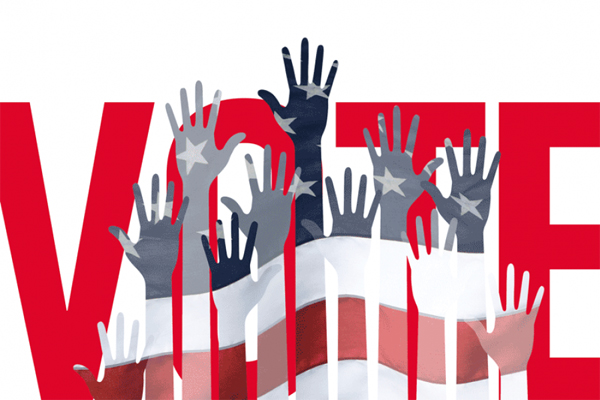 ure from powerful, moneyed interests, particularly at election time. They need the backing of public opinion to withstand corruption. Do what you can to organize and focus such backing.
ure from powerful, moneyed interests, particularly at election time. They need the backing of public opinion to withstand corruption. Do what you can to organize and focus such backing. Congregation, Asheville, NC.
Congregation, Asheville, NC.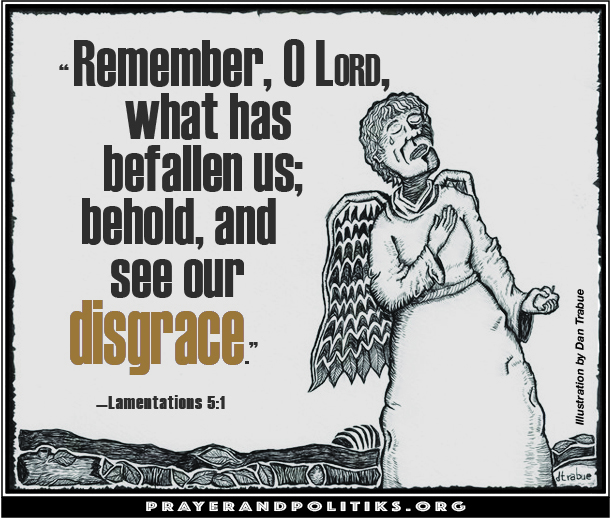 Planning For a Potential Coup?
Planning For a Potential Coup? much less observed. We didn’t believe in saints. Though we did have Annie Armstrong and Lottie Moon, namesakes of bi-annual mission offerings—a surprisingly feminine pantheon for a body with severely circumscribed leadership roles for women.
much less observed. We didn’t believe in saints. Though we did have Annie Armstrong and Lottie Moon, namesakes of bi-annual mission offerings—a surprisingly feminine pantheon for a body with severely circumscribed leadership roles for women. ©Ken Sehested @ prayerandpolitiks.org. Language not otherwise indicated above is that of the editor, as are those portions cited as “kls.” Don’t let the “copyright” notice keep you from circulating material you find here (and elsewhere in this site). Reprint permission is hereby granted in advance for noncommercial purposes.
©Ken Sehested @ prayerandpolitiks.org. Language not otherwise indicated above is that of the editor, as are those portions cited as “kls.” Don’t let the “copyright” notice keep you from circulating material you find here (and elsewhere in this site). Reprint permission is hereby granted in advance for noncommercial purposes.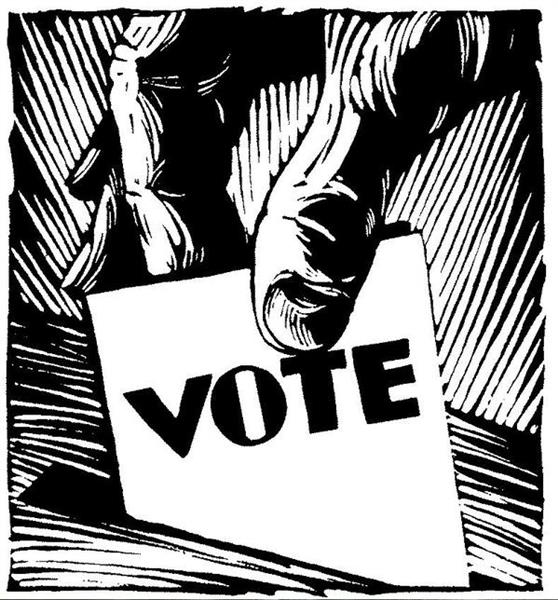 those furthest from power” (“
those furthest from power” (“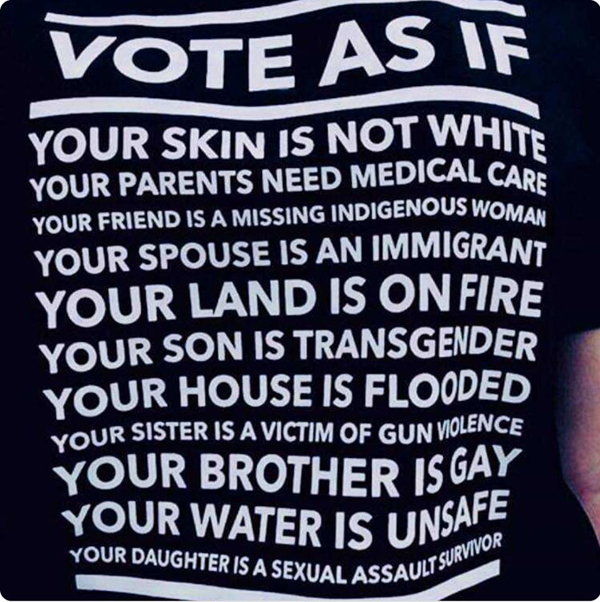 As Einstein said, no problem can be solved from the same level of consciousness that created it. Work at constructing a new level.
As Einstein said, no problem can be solved from the same level of consciousness that created it. Work at constructing a new level.